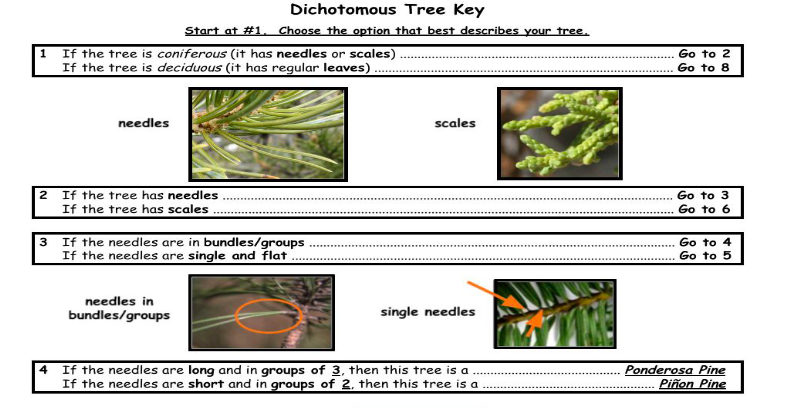Obstacles to Faithful Reasoning
By Jeannie Pace
From early childhood, we learn how to gather data and evaluate the world around us.
The first way we learn how the world operates is through direct input through a caregiver. An infant learns quickly what will gain a response from mother. As the child grows, they will learn and draw conclusions based on their own observations and data collecting. This is known as empiricism. Empirical facts are the data collected based on observation or experiences. This is also known as the scientific method, a procedure or plan based on observation, measurement, experimenting and then modifying the prediction.
As we age, we can also learn from the experiences and mistakes of others. This is historical learning. Logical reasoning develops as the brain matures. Logical intellect will also make room for subconscious reasoning. We call this instinct or intuition: that which emerges from inside a person.
As a Bible student, you understand there is also a knowledge base that is supernaturally revealed to a Christian. Others may mistakenly call this intuition, but a Christian knows that since the source is God, he or she can accurately call it faith. The knowledge revealed by faith is difficult to quantify for someone that does not believe in God’s power to reveal, but spiritual insight is meant for all Christians.
Biblical faith begins by engaging our minds by thinking and reasoning and ends with a radical commitment and action that believes God is going to do what He said He is going to do. God will be a covenant keeper and affect our outcomes and situations.
Thus, there will almost always be a disparity between faithful reasoning and empirical reasoning. Faith creates a classification in our reasoning. Biblical faith is taxonomic. This document provides a dichotomous key for determining if reasoning is faithful or there is an obstacle in my thinking to hurdle.
Dichotomous means divided into two parts. A dichotomous key is a tool usually used to identify items in the natural world, such as wildflowers, rocks, and fish. The key consists of a series of choices that lead the user to the name of a given item. For example:

The following dichotomous key is a tool for classifying faithful reasoning and for identifying obstacles to faithful reasoning. Each passage will help determine what can and cannot affect outcomes of many circumstances and situations.
Answer at least one of these questions for each scripture in the dichotomous key:
- What words or actions contradict what God has said?
- What human observation or experience is guiding the decision and conclusion?
- Does God’s wisdom or human wisdom prevail?
- What sensory information or human reasoning is determining the outcome?
Dichotomous Key for Faithful Reasoning
1a. My senses are trying to inform my decisions and predict an outcome……………… go to B then study Genesis 3:1-6
or
1b. I am taking risks and needing resources not yet apparent forcing me to expect supernatural results……go to A
______________________________________________________________________________
2a. I am trusting language that seems reliable and trustworthy ………………go to B then study I Kings 13:1-26
or
2b. My language incorporates and elevates the facts of God’s promises ………………go to A
_________________________________________________________________________
3a. Human speculation and statistics are helping me evaluate the severity of harm…………go to B then study Numbers 13 & 14
or
3b. God’s promises are elevated over the situation claiming supremacy of things eternal………go to A
______________________________________________________________________________
4a. My human wisdom and rational thinking is determining the outcome…………go to B then Luke 1:5-20 and compare how this echoes Genesis 17:17
or
4b. The Word of God is acting on my mind to represent the facts biblically………….go to A
_____________________________________________________________________________
5a. The passage of time is obviously an obstacle to the desired outcome………go to B then study John 11:1-44
or
5b. God’s promises and truth are bearing heavily on my thinking………go to A
______________________________________________________________________________
6a. The empirical evidence, experience and observations helped me analyze……….go to B then study II Kings 6:1-17
or
6b. My language demonstrates the invisible can be called into existence and fact…………go to A

Answer Key
The Obstacle for Faithful Reasoning Found in Each Scripture
- Genesis 3: 1-6
Believing our central nervous system input is reliable even though it contradicts God’s Word, promises or covenant is an obstacle to faithful reasoning.
- I Kings 13: 1-26
Trusting words that seem reliable but contradict what God has said is an obstacle to faithful reasoning.
- Numbers 13 and 14
Trusting speculation based on human experience is an obstacle to faithful reasoning.
- Luke 1:5-20 and compared with Genesis 17:17
Believing God is limited because my human understanding is limited is an obstacle to faithful reasoning.
- John 11:1-44
Believing the passage of time is an obstacle to God’s ability to restore or redeem is an obstacle to faithful reasoning.
- II Kings 6:1-17
What we see (human reasoning) determines the outcome instead of trusting all outcomes are determined by the power and purpose of God is an obstacle to faithful reasoning.